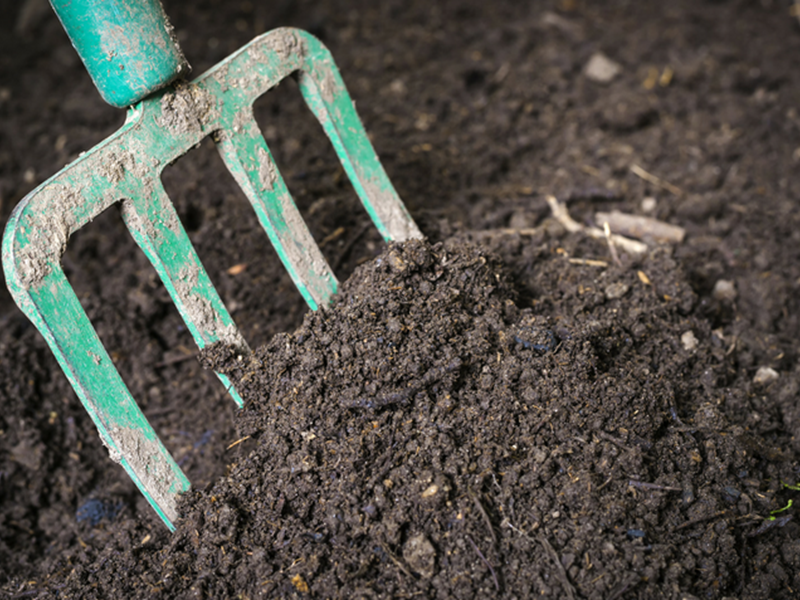Just as we gear up for spring projects in the garden, snow seems to make its unwelcome return! There’s not a whole lot you can do with frozen soil, so for the ‘Mini Beast from the East’ keep your tender plants wrapped up warm, get cosy indoors and read this advice from Wyevale Garden Centres on recovering from winter’s worst.
Duncan Mclean, Wyevale Garden Centres’ fertilisers, chemicals and growing media buyer, explains that damaged soil is a fundamental concern following a hard freeze. ‘Healthy soil means healthy plants. During a normal winter, deep frosts can cause huge problems for plant growth, with 25% of your lawn being lost to the colder climate. This percentage is likely to be higher this year, given the impact of recent storms and snowfall, making your lawn and bedding areas much more susceptible to moss, weeds and diseases.’
Revive your lacklustre lawn
One of the biggest problems following snow melt is waterlogging. Much of the soil’s natural beneficial bacteria will perish, leaving you with thinner lawns and beds stripped of essential nutrients. Unlike grass, moss and weeds thrive in the cold, wet weather and will break their winter dormancy much earlier in the year to invade the space that grass once filled. To prevent this, gardeners need to work with nature to create conditions more favourable for grass and less favourable for moss.
Duncan Mclean offers five simple ways to combat the impact of damaged lawns and bedding:
1. Aeration is essential. Using a hollow core aerator will improve soil structure, help water to drain away and grass to establish roots.
2. Top-dress with lawn soil. Rake or brush it into aerated soil to smooth out. This will help with drainage, soil structure and encourage strong roots.
3. When temperatures recover to 5+ degrees, over-seed your lawn with fresh grass seed. Once germinated, it will tolerate a bit of frost later on.
4. Get mulching with a good soil improver. This is the application of material for weed suppression, moisture retention or to improve organic matter content.
5. Use chicken pellets to restore good bacteria and encourage good soil flora and fauna – worms love it!
Recover your frozen veggies
The deeper the frost penetrates, the longer it takes to replace the natural warmth in the soil. Veg seeds take longer to germinate in colder soil temperatures, leading to inadequate rooting, potential disease, and a higher rate of growth failure.
To combat the impact on your veg patch, Duncan Mclean recommends you should:
1. Cover the beds with black polythene to speed up soil warming.
2. Apply organic matter (well-rotted farm manure), chicken pellets or 6X – remember: a good indication of a healthy veg patch is a healthy worm population!
3. Cloches -creates a protected microclimate which encourages faster establishment. It keeps the plants warmer and protected from the elements – use these to get ahead in your veggie garden. Get ahead get a cloche!
4. Invest in a growhouse. This will give you a head start and protect your plants from the worst of the weather. Raised beds and vegetable trugs are really useful as you can control the soil and nutrients.
5. If in doubt, buy ready-established seedling veg plants.
For more garden tips to get you going this season, visit the Wyevale website or pop into the Tunbridge Wells branch.








